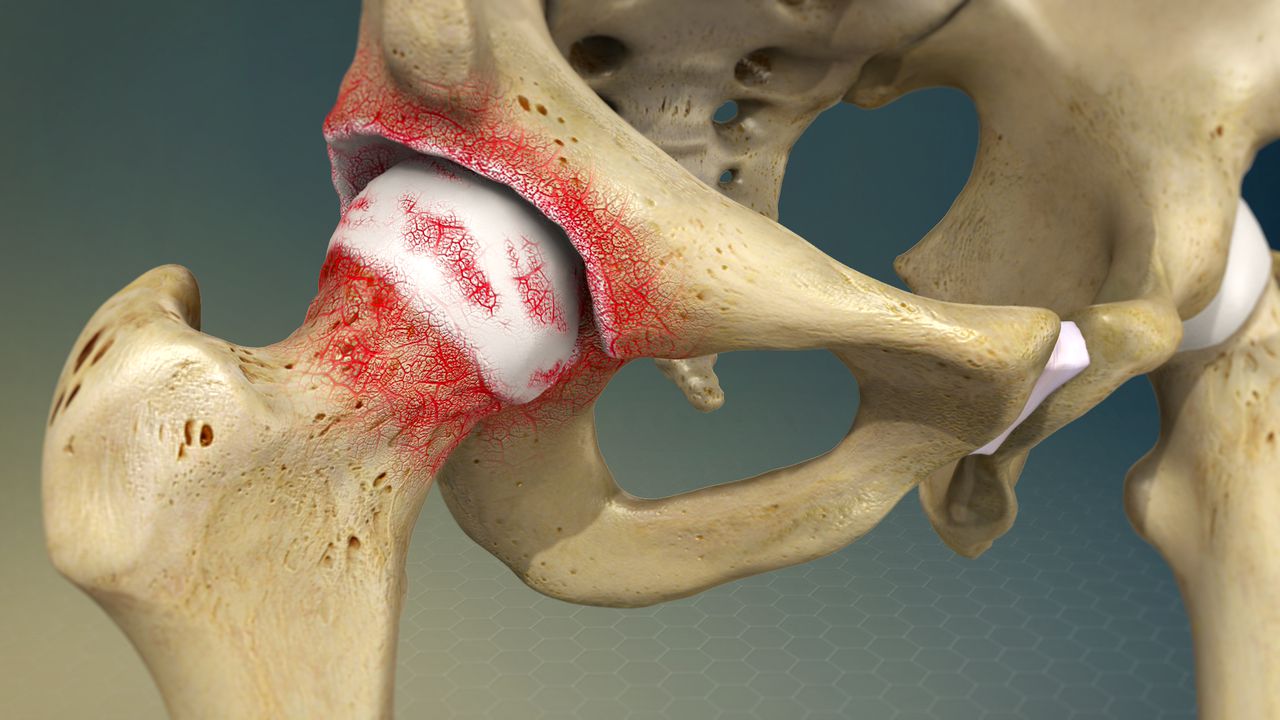Addressing high cholesterol within the medical field often involves a prescription-based approach that, in my view, may not align with common sense. Typically, when a patient exhibits high cholesterol, the conventional response is to prescribe pharmaceuticals that lower cholesterol levels, as confirmed by subsequent tests. The patient takes the medication, and upon retesting, the cholesterol levels show improvement, leading to a sense of satisfaction for both the doctor and the patient.
However, this apparent success comes at a hidden cost. What many may not realize is that the prescribed medication can trigger adverse reactions throughout the patient’s body, resulting in ongoing deterioration. This, in turn, leads to the prescription of additional pharmaceuticals to manage emerging symptoms, forming a cycle that spans the patient’s lifetime.
Answer: Lecithin
In contrast, I’ve observed remarkable responses in patients simply by incorporating lecithin into their diet to reduce cholesterol. Unlike dietary adjustments alone, lecithin maintains cholesterol in suspension and dissolves existing deposits within the vascular system.
Osteoarthritis, characterized by cartilage deterioration, joint inflammation, and reduced mobility, especially in the elderly (often exacerbated by cholesterol medication), is a lucrative sector for the medical industry. Standard interventions include pain relievers, non-steroidal anti-inflammatory drugs (NSAIDs), and corticosteroid injections, which are associated with complications like irritable bowel syndrome, progressing to inflammatory bowel syndrome and related ‘itises,’ potentially leading to digestive issues, diverticulitis, Chrons disease, or colon cancer.
Answer: Cherries
An alternative remedy worth considering is the regular consumption of cherries before resorting to prescribed pharmaceuticals. I’ve witnessed a 90% efficacy in reducing or eliminating symptoms labeled as osteoarthritis by the medical community without adverse effects on the digestive system.
Sugar, Nutrition, and Aging
As we age, the impact of sugar on our physical well-being becomes increasingly detrimental. Refined sugar, in particular, plays a significant role in fostering degenerative diseases such as arthritis, neuritis, rheumatoid arthritis, and various others. Additionally, it contributes to degenerative gut issues, diminishing sexual function, and the onset of hypoglycemia as part of the aging process.
The solution is straightforward—reduce sugar intake as we grow older, extending this principle to refined flour, which is equally unsupportive to maintaining robust health in our golden years.
To enhance sexual vitality in aging individuals, addressing declining levels of vitamin F, an essential fatty acid found in sunflower, safflower, corn, cottonseed soybean, and peanut oils, is crucial.
Answer: Sunflower Oil
Consuming two tablespoons of sunflower oil daily, one in the morning and one in the evening, can lead to improved performance within a month. A holistic regimen for enhancing optimal sexual performance in seniors may involve a combination of vitamin F, vitamin E, and zinc.
Standard vegetable oils from grocery stores can adversely affect sexual performance with age, necessitating their replacement with cold-pressed natural oils.
Answer: Coconut Oil
These cold-pressed virgin oil alternatives are available at natural food stores. Among them, coconut oil is the best choice due to its compatibility with the human body and ease of digestion without expending excess internal energy.
Answer: Honey
Alternative options for sweeteners and cooking oils are essential. I opt for raw, unprocessed honey as a sugar substitute, emphasizing sourcing from local beekeepers or reputable natural food stores to avoid heavily processed supermarket options lacking nutritional value and potentially containing harmful toxins.
Answer: Coconut Flour
Similarly, natural food stores offer a range of alternatives to highly processed flour, from unprocessed whole wheat flour to innovative choices like coconut flour (highly digestible), almond flour, quinoa flour, chickpeas flour, and amaranth flour. Embracing these alternative flours can significantly enhance the enjoyment of food, particularly for pasta enthusiasts like myself.
Embarking on a journey to adopt a healthier lifestyle can be an exciting exploration of alternative choices. The benefits of such changes stand in stark contrast to degenerative aging, promising a longer, higher-quality life as we grow older.
And Open Mind + Alternative Resources = Worth Investigation
My unconventional approach to health stems from a lifetime of assisting others. I’ve gathered a wealth of data on effective remedies that may not align with mainstream medical practices. Rather than adhering strictly to authorized medical literature, I prioritize an open-minded, curious, and listener-centric approach. Much of my knowledge comes from clients who have found relief through herbal remedies, folk medicine, kitchen-made solutions, or natural alternatives, and my investigative research and testing in the field.
I encourage you to join me in exploring alternative therapies. Feel free to reach out if you’ve encountered or know of unconventional yet effective interventions, irrespective of their deviation from conventional medical approaches. Together, we can delve into these alternatives to help others overcome health challenges.
See also:
- Look and Be Younger, Live Longer Healthy Aging and Longevity
- Key Foods to Steer Clear of for a Healthy Lifestyle
- Holistic Approach to Healthcare
- Alternative Medicine and Natural Remedies
- Self Healing and Health Care
- So, You’ve Been Told You Have a Terminal Disease and Are Going to Die




